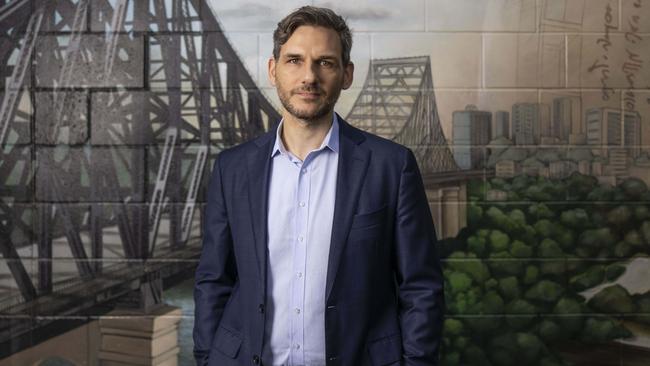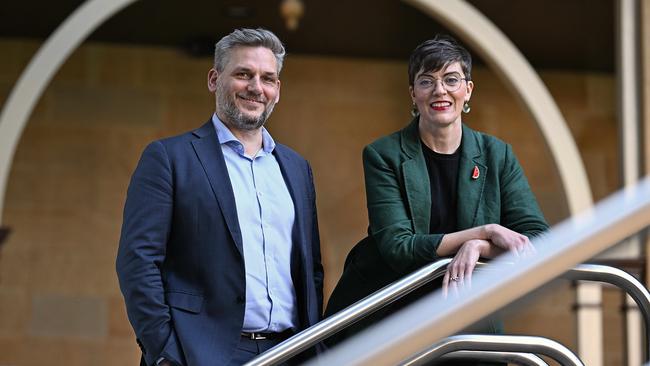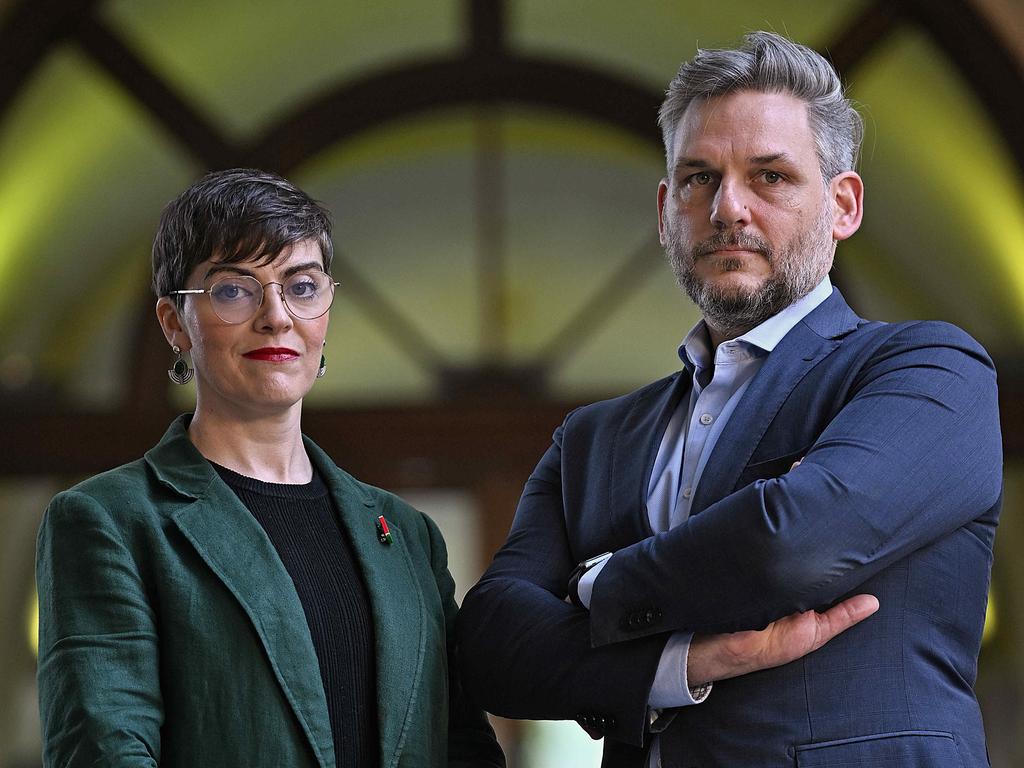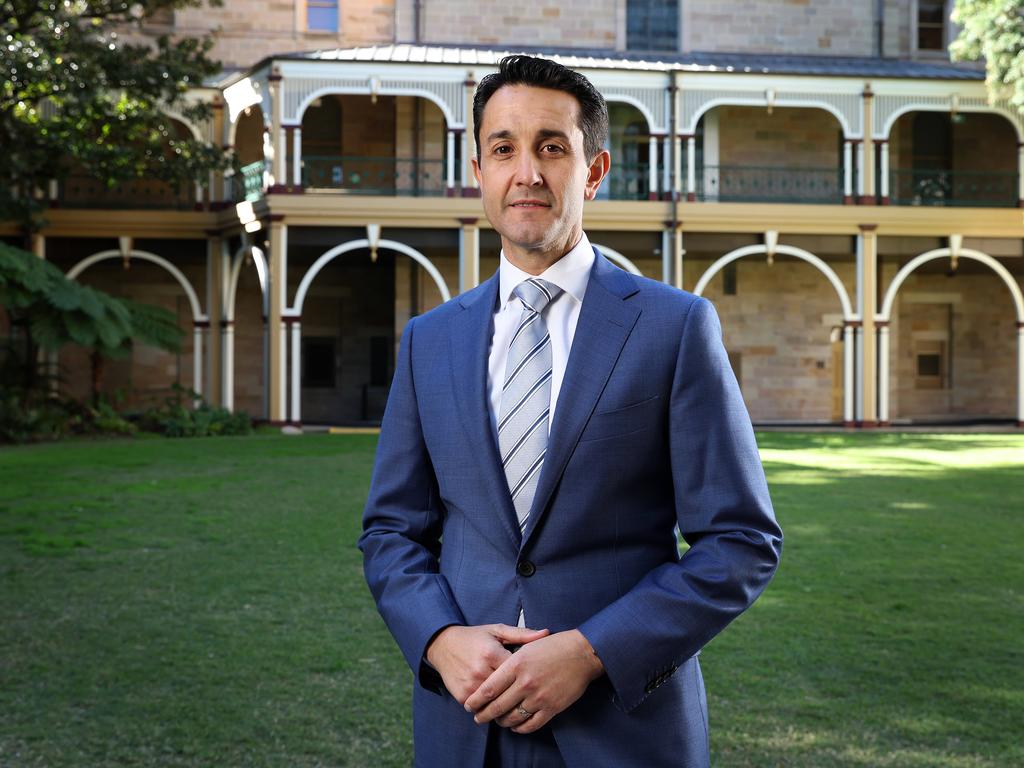Queensland Greens pledge state-owned bank to take on big four
The Queensland Greens will push for the establishment of a state-owned bank to offer mortgage relief if the minor party can leverage a balance of power at the October state election.

The Queensland Greens will push for the establishment of a state-owned bank to undercut the nation’s biggest lenders and offer homeowners mortgage relief if it can leverage a balance of power at the October state election.
Only first-time home buyers and mortgage holders living in their property would be able to get a loan through a Queensland Public Bank, which would lend at interest rates 1.5 per cent lower than commercial competitors. The party believes the plan would save a recent buyer with an average mortgage of $531,000 up to $6165 each year.
Greens MP Michael Berkman said the housing crisis would be among the Greens’ top priorities ahead of the October 26 state election, and would be leveraged in the event of a hung parliament.
“For all of the platitudes we’re hearing from politicians about dealing with housing affordability, no one wants to talk about actually making it cheaper,” he said.
“This proposal of a public bank is aimed to directly address that, and by offering an option that doesn’t pour profits into the pockets of the big four banks, we could save homeowners literally thousands of dollars on mortgages.
“Housing, I think, is the most pressing concern for people across Queensland. Rents, mortgages, public housing, are going to be the top line issues that we would prioritise in any circumstance.”
A Queensland Public Bank would be a government-owned corporation accountable to the parliament but no costing has been completed to determine how much it would cost taxpayers to establish.
The minor party is looking to add to its two seats at the election. Its growing list of demands includes a ban on new coalmines and gas projects, an immediate rent freeze for two years, a price cap on 30 essential grocery items and a public property developer to spend $60bn on building 100,000 social homes in six years.
Bank capital would be raised using state government borrowing, with interest costs covered by the bank’s estimated 8 per cent operating profit each year. Any surplus cash generated would be directed towards public housing, hospitals and schools.
“While people are forgoing things like fresh fruit and veggies just so they can make their mortgage payments, the big banks are making $30bn in profit every year,” Mr Berkman said.
“By cutting the profit margin … there’s still plenty income there to deal with the operating costs of a bank, and also return some of that to public coffers.”
General fee-free banking, credit cards, cash handling and eftpos would also be available as a core function of the bank, which would initially operate out of post offices. Property landlords would not be able to access the state bank’s cheaper rates as it would not be “a vehicle for investment”.

Families that struggle to make repayments on the cheaper rates would be able to sell their home to the bank. It would then become public housing, which the former owners could stay in for life.
Government-owned banks disappeared from Australia’s financial landscape in the 1990s.
The State Bank of Victoria collapsed in 1990 because of poor lending decisions in the decade prior and rising rates.
The State Bank of South Australia suffered a $3bn collapse the following year because of executive mismanagement and a poorly performing loan book.
The federal government privatised the Commonwealth Bank in 1991, and Queensland’s State Government Insurance Office was sold off in the mid-1990s.
The Queensland Greens have modelled the plan on New Zealand’s public bank Kiwibank, which has a 9 per cent market share. However, while it was able to drop its rates to 1 per cent lower than the big four in 2020, today’s “floating rate” is comparable to its competition.






To join the conversation, please log in. Don't have an account? Register
Join the conversation, you are commenting as Logout